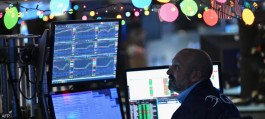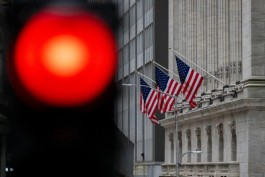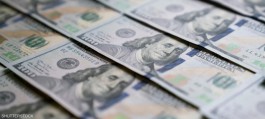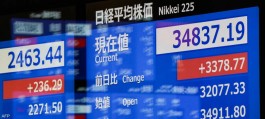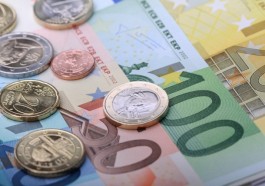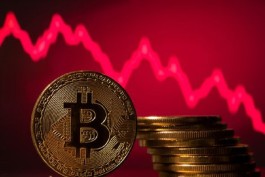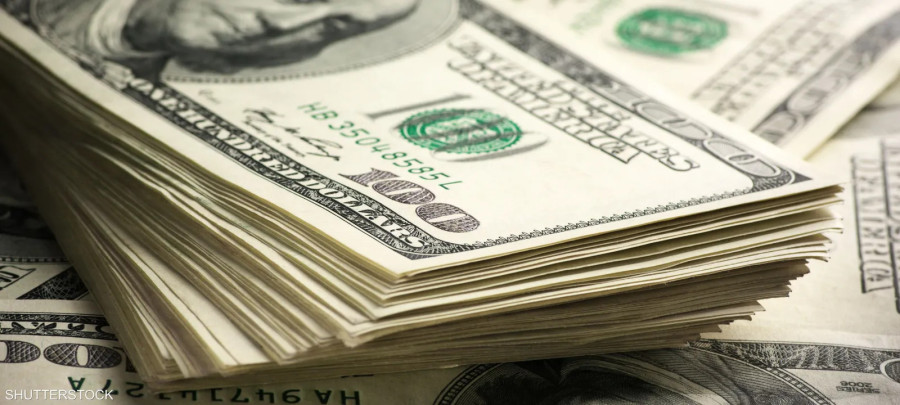The US dollar fell in early European trading on Wednesday, giving up some of the previous session's gains, but activity is limited as traders look for more monetary policy signals from speeches by a series of central bankers, including Federal Reserve Chairman Jerome Powell. .
At 12:00 Riyadh time, the dollar index, which tracks the US currency against a basket of six other currencies, fell 0.01% to 105.440, after rebounding from a two-month low of 104.84 earlier in the week.
Powell speaks again
The dollar suffered a sharp sell-off last week amid growing confidence that the Fed has ended its interest rate hike cycle, but there was a degree of consolidation this week after a number of Fed spokesmen warned against complacency.
The head of the US Federal Reserve Bank in Philadelphia, Patrick Harker, said on Wednesday: A lower interest rate is not likely to happen in the short term.
However, trading is likely to be quiet on Thursday as Fed Chairman Jerome Powell is scheduled to speak again on Thursday, after steering clear of key monetary policy topics at Wednesday's event.
ING analysts said in a note: Fed speakers will remain the main topic today, and perhaps for the rest of the week given the quiet US data calendar.
Europe is also looking to spokespeople for central banks
It's a similar story in Europe, with ECB Chief Economist Philip Lane and Bank of England Chief Economist Hugh Bell due to speak on separate occasions, with either comment likely to impact the market given the bare economic calendar.
The EUR/USD currency pair also traded flat at 1.0707, stabilizing after weakness in the previous session as retail sales in the euro zone fell by 0.3% on a monthly basis in September.
The GBP/USD currency pair was also trading largely unchanged at 1.2284, after earlier in the week reaching a seven-week high above 1.24.
Declining Chinese inflation affects the yuan
{{2111|CNY/USD}} rose in Asia, by 0.1% to 7.2856, after Chinese government data showed inflation contracted in both consumer and producer indexes in October. .
The readings showed that China entered a decline in inflation for the second time this year, as repeated stimulus measures from Beijing failed to support spending effectively.
The JPY/USD pair fell 0.1% to 150.93, retreating from the 151 level, which was briefly breached last week after dovish signals from the Bank of Japan.
Traders remain on guard about any potential government intervention in foreign exchange markets, with the currency now trading near levels last seen during the start of the lost decade in the early 1990s.
The Australian dollar against the US dollar rose 0.2% to 0.6414, with the Australian dollar stabilizing after accommodative signals from the Reserve Bank of Australia caused sharp losses this week.

















